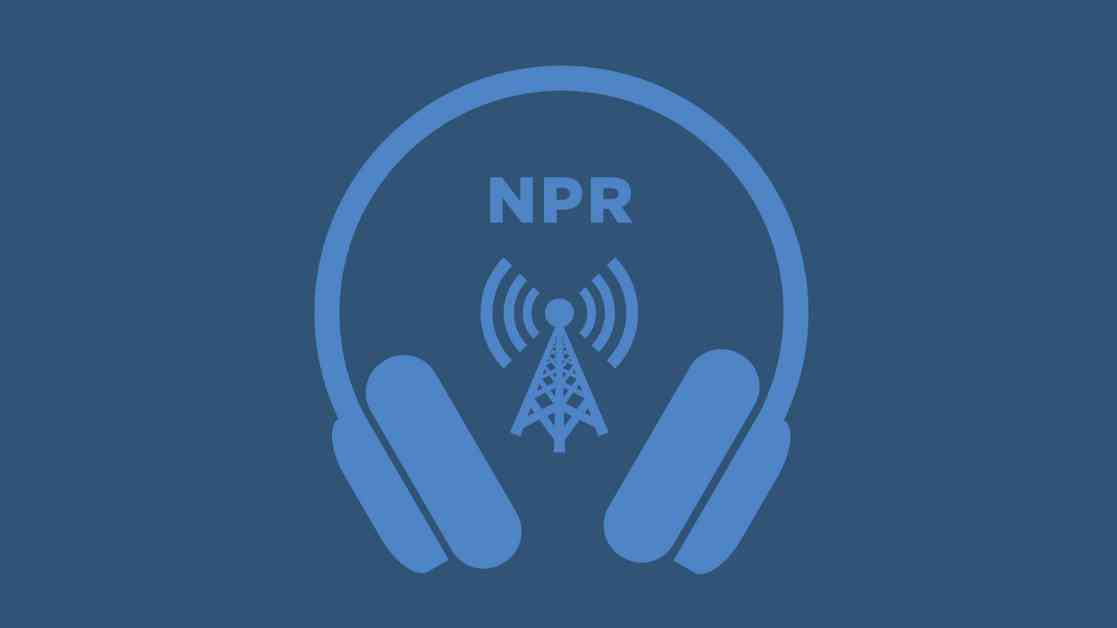Florida School District Reintroduces Banned Books to Library Shelves
In a groundbreaking move, a Florida school district has decided to reintroduce three dozen books that were previously banned from library shelves. This decision comes after a long and contentious battle over the censorship of literature in schools. The banned books range from classics like Toni Morrison’s Beloved to more contemporary works, such as a children’s book about a penguin family with two dads.
The Controversy Surrounding Book Bans
The decision to ban books in schools has always been a contentious issue, with advocates for both sides fiercely defending their positions. Those in favor of banning books argue that certain content is inappropriate for young readers and could potentially be harmful to their development. On the other hand, opponents of book bans argue that censorship stifles intellectual freedom and prevents students from accessing diverse perspectives and ideas.
The recent controversy in the Florida school district over the banned books has reignited the debate over censorship in schools. Many parents and community members have expressed outrage over the removal of these books, citing concerns about intellectual freedom and the right to access information. The district’s decision to reinstate the banned books is a significant victory for those who believe in the importance of free speech and open access to literature.
Impact on Students and Education
The reintroduction of the banned books to library shelves will have a profound impact on students and their education. By allowing students to access a diverse range of literature, the school district is promoting critical thinking, empathy, and a deeper understanding of the world around them. These books provide students with the opportunity to explore different perspectives, cultures, and experiences, ultimately enriching their education and expanding their worldview.
Furthermore, the decision to reinstate the banned books sends a powerful message to students about the value of intellectual freedom and the importance of standing up against censorship. By allowing these books to be available in school libraries, the district is showing its commitment to fostering a culture of open dialogue, tolerance, and respect for diverse ideas and opinions.
In conclusion, the Florida school district’s decision to reintroduce the banned books to library shelves is a significant victory for intellectual freedom and education. It highlights the importance of allowing students access to a wide range of literature and ideas, even those that may be controversial or challenging. This move sets a positive example for other school districts and communities facing similar challenges, demonstrating the value of promoting open dialogue, critical thinking, and a commitment to intellectual freedom in education.

